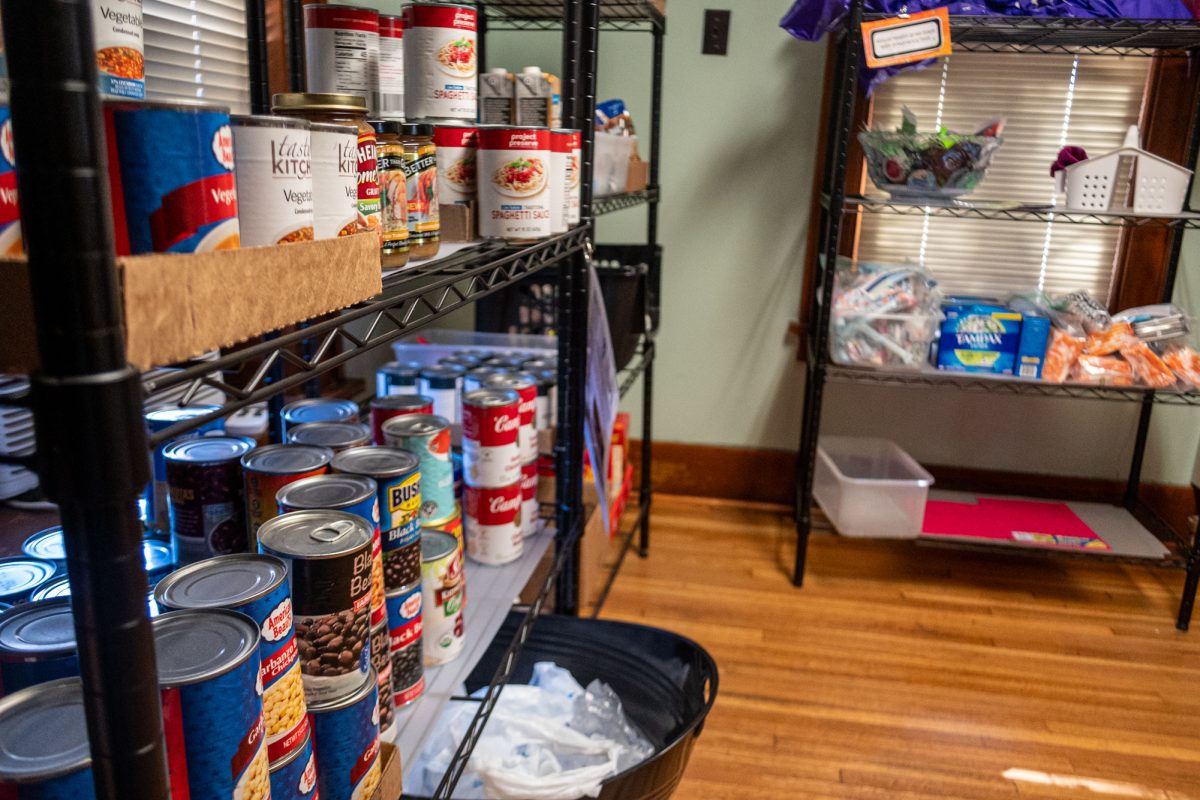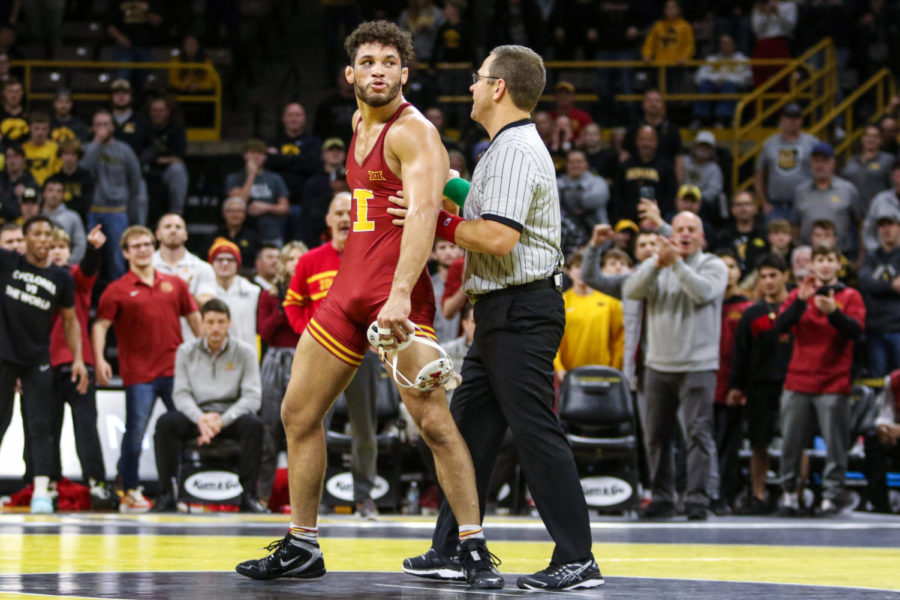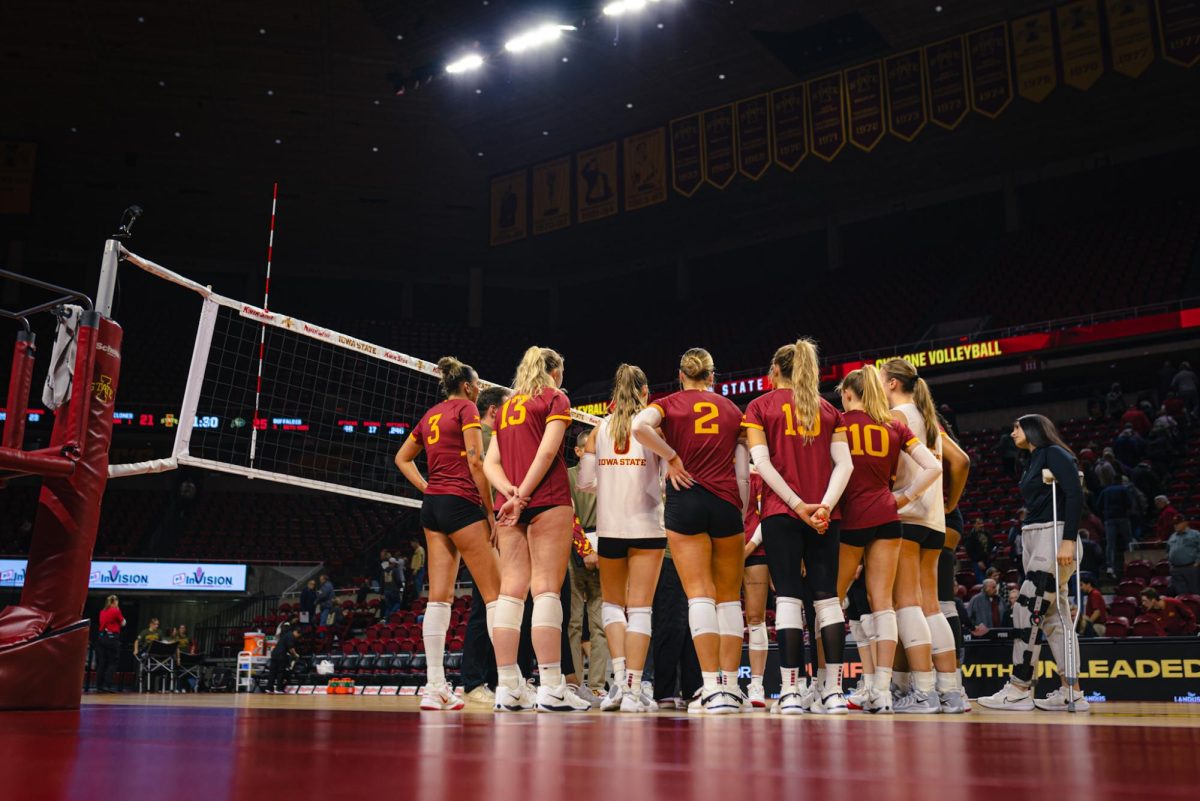Mediation is a peaceful way to resolve conflicts
March 22, 2001
Whether it is a roommate disagreement or a high school shooting, conflict is an everyday occurrence in society.
Although not widely publicized, alternative dispute resolution organizations, such as the Center for Creative Justice, offer peaceful ways of handling conflict.
CCJ, 210 Lynn Ave., is a non-profit social service agency, providing mediation services to Ames’ citizens since 1980. The organization was established in 1974 by “a committee of concerned citizens,” who weren’t happy with the way people were treated in the court system, said John J. McGuire, executive director of CCJ.
CCJ defines mediation as “the use of an impartial person to help people make informed decisions and develop mutually-acceptable agreements within a confidential setting.”
Mediation isn’t about winning, losing or blame. McGuire said mediation is about giving people the tools of dialogue to use between the two parties in conflict.
“When you mediate, you can come up with something that works for both people,” said Ann McMillan, CCJ’s full-time mediator.
Mediation is not a new concept in the United States or anywhere in the world. McMillan said cultures, such as Native Americans, have been doing this for years.
McGuire and McMillan agreed courts are extraordinarily backlogged today, making the benefits of mediation not only monetary but timesaving.
Many more court-mandated mediations are being passed, McGuire said, and federal agencies are starting to incorporate alternative dispute resolution.
Currently, there is a proposed Iowa state code being developed to mandate disputes between children use mediation before resorting to court, he said.
Some conflicts are resolved after one phone conversation with a mediator, McMillan said, but sometimes, like in a divorce, it takes three to six months.
Mediation, even if only used once, seems to have a positive impact on people.
“The other day, I heard someone say that the mediation process had helped them look at other conflicts differently,” McMillan said.
She said by using mediation, a person may not change, but it will probably help people better understand each other and the conflict.
“People have a higher likelihood of following through [with resolutions reached through mediation] . because they had a voice in it,” she said.
For a free consultation with a mediator regarding family, workplace, matrimonial, neighborhood, schools and interpersonal disputes, call 292-3820. Visit the National Association for Community Mediation at www.igc.apc.org/nafcm/overview for more information.






